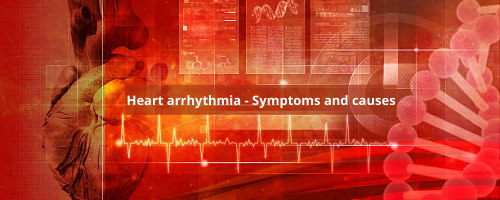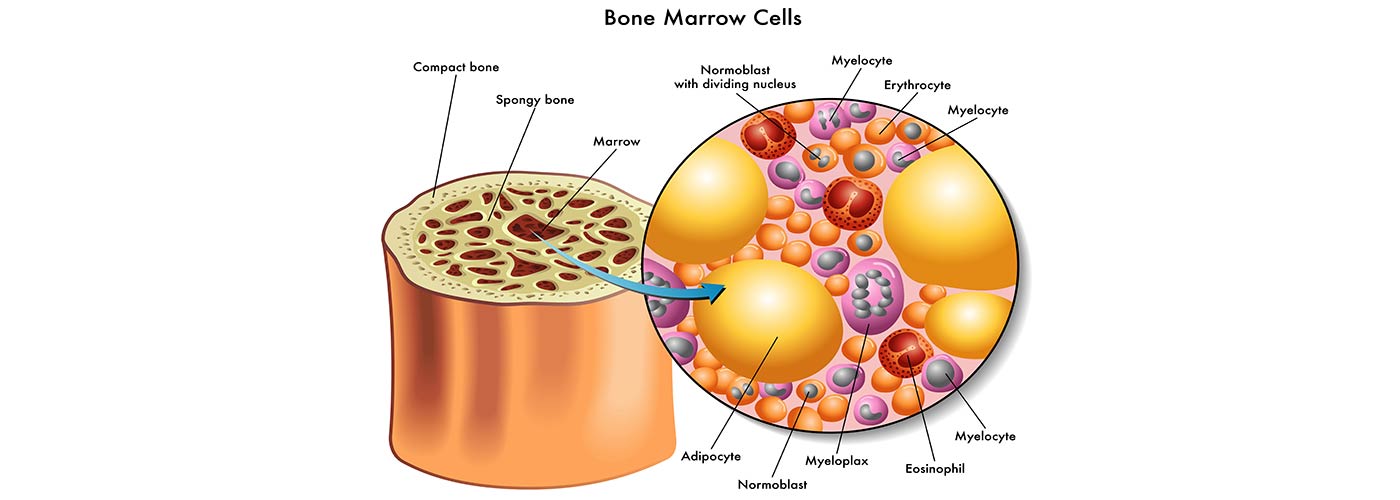WHAT IS METHADONE, AND WHAT DOES IT PRESCRIBE FOR?
Methadone is a pharmaceutical opioid that is currently marketed as oral concentration (10 mg/mL), oral solution (5mg and 10mg/5mL), tablet (5 mg, 10mg, and 40mg), injection (10mg/mL) and powder (50mg, 100mg and 500mg/bottle).
Methadone is a potent synthetic analgesic that is commonly prescribed to help reduce withdrawal symptoms in people addicted to heroin (opioid) or other narcotic drugs without causing the high. A medical professional can also use it as a part of drug addiction detoxification and maintenance programs.
It is available as a generic drug, and people may buy Methadone online also as a pain reliever medicine. The United States’ FDA has classified it as a schedule II-controlled substance under controlled substance act.
Is arrhythmia a serious heart condition?
While utmost arrhythmias are inoffensive, some can be serious or indeed life hanging. When a twinkle is too presto, too slow or irregular, the heart may not be suitable to pump enough blood to the body. Arrhythmias can be associated with serious symptoms that can affect your capability to serve.

DRUG DESCRIPTION
Generic Name: Methadone
Brand Name: Methadone, Dolophine
Classified As: Opioid Drug
Dosage
For Pain Management
Initial dose: 2.5mg to 10mg every 8 to 12 hours
Maintenance dose: You may slowly increase or decrease your dosage as per the doctor’s indication
For Opiate Withdrawal
Initial dose: 20mg to 30mg orally; an additional dose of 5mg to 10mg may be given orally after 2 – 4 hours if symptoms have not been suppressed or if symptoms reappear.
Maximum dose: 40mg a day
Warnings
People with severe breathing problems such as asthma, breathing problems, or have a blockage in their intestine; should not take methadone. Misuse of such medication can cause addiction, overdose, or death, especially in teenagers who use it without prescription.
Using opioid medications like Methadone during pregnancy may cause life-threating withdrawal symptoms in the newborn baby. It can react to your breast milk and harm your newborn baby. This opioid can cause a life-threatening heart rhythm condition. Contact your healthcare provider at once if you experience headache with chest pain and severe dizziness, and fast heartbeats.
WHAT SPECIAL PRECAUTIONS SHOULD I FOLLOW?
Users should follow some necessary precautions to stay away from the adverse effects of Methadone. They should read follow instructions indicated by their doctor or pharmacist.
- It would be best if you told your doctor about prescription and non-prescription drugs that you are currently taking or planning to take.
- Tell your doctor or physician if you are allergic to methadone or any other ingredients or medicine. And tell him about allergic history with other drugs as well.
- Consult your doctor if you have any severe medical condition, as mentioned in the warning section.
- Users should know that Methadone may decrease fertility in women and men both. Discuss to your doctor about the risks of taking methadone.
- Methadone can make you drowsy. Do not drive a vehicle or other machinery until you understand how this medication affects you.
WHAT SIDE EFFECTS CAN THIS MEDICATION CAUSE?
Methadone can cause side effects. tell your healthcare adviser if any of these symptoms are severe or do not go away;
- Weight gain
- Headache
- Stomach pain
- Sore tongue and dry mouth
- Difficulty urinating and mood changes
- Vision problems
- Difficulty falling asleep or staying asleep
- Vision problems, including blurred vision, etc.
- Some effects can be dangerous. Get immediate medical help if you have any of below-given conditions;
- Swelling of your face, mouth, eyes, throat, and tongue
- Itching, seizures, hives, rash,
- Difficulty breathing or swallowing
- Vomiting, nausea, weakness, loss of appetite, dizziness, or weakness
- Inability to get or keep an erection
- Irregular menstruation, and decreased sexual desire, etc.

